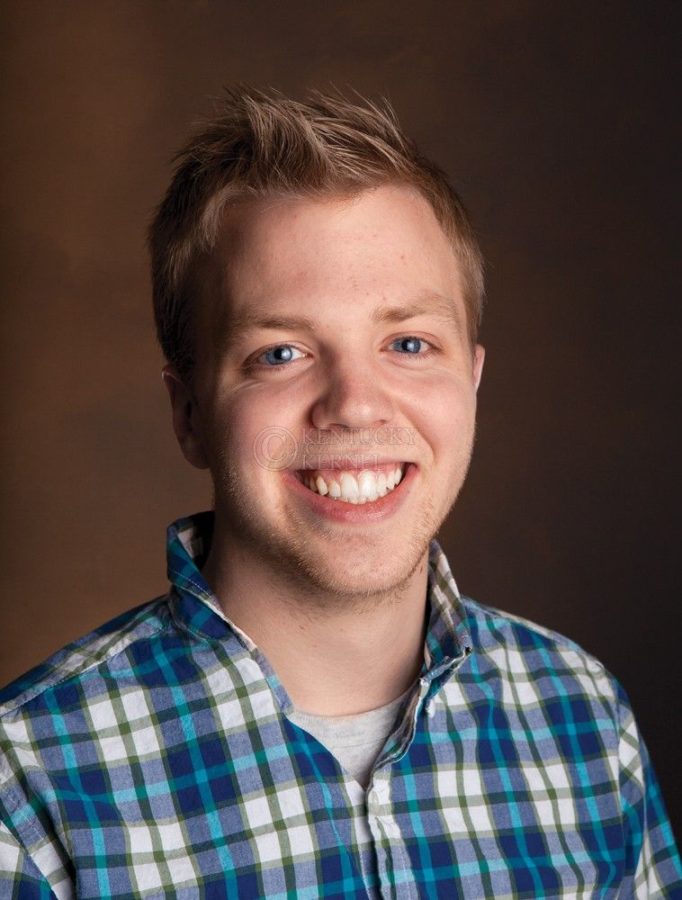‘Ex Machina’ one of year’s best
April 30, 2015
The development of full artificial intelligence — machines that have complete autonomy of their thoughts and emotions — is the holy grail of the science world. Its discovery could put an end to human error, car crashes and perhaps even death.
But it could also put an end to us. As theoretical physicist Stephen Hawking said, “The development of full artificial intelligence could spell the end of the human race.”
So there’s that.
Yet AI continues to be the piece de resistance of the scientific sphere, as the world’s leading minds fight for the right to call it their career’s crowning achievement. But why strive so hard to develop something that has the propensity to destroy us all?
It’s a question “Ex Machina” attempts to answer, while also using it as a launching point to explore interesting dualities such as confinement vs. liberation, capitulation vs. subversion and of course, man vs. machine.
In the film, coding prodigy Caleb (Domhnall Gleeson) finds out he’s been selected for an opportunity to work with a reclusive tech magnate and personal hero of his, Nathan (Oscar Isaac). He doesn’t know what it’s for, but he jumps at the opportunity to work with his idol and is soon flying over the vast to meet him.
We find out that Nathan is confident he’s developed the world’s first AI and needs someone to test its effectiveness. To be considered full artificial intelligence, the machine must pass the “Turing Test,” which entails one test subject posing questions to the machine. If the subject can’t tell that he or she is communicating with a robot, it passes.
When Caleb meets Ava (Nathan’s AI), her only human features are her face and the shape of her body. Some of her parts are metallic while other parts show through to her fiber optic center.
“Ex Machina,” which translates to “god from the machine” in Latin, is a sleek, tone-as-character film that weaves methodically between chaos and serenity, paced by an ominous, drumming score that closely resembles that of a heartbeat. We never quite know for whom we’re supposed to root, and by the end of the film we’re still not sure that there was any antagonist in the film. We’re not even certain that Ava passed the Turing Test.
But that little bit of mystery and room for debate is what makes a film great. One plot hole, however, is the fact that every plot point director Alex Garland used to drive the film could have been prevented by the use of a fingerprint or retina reading security system rather than a key card system. But I’m willing to look past the oversight and recognize this film as one of the year’s best.
































































































































































